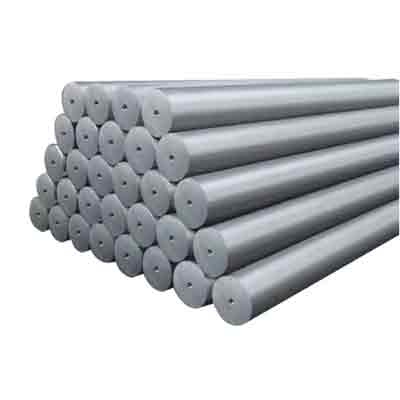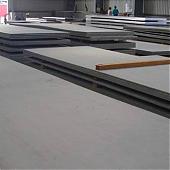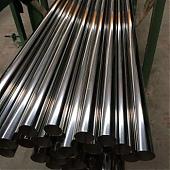Characteristics of Alloy C276

Characteristics of Alloy C276
Alloy C276, also known as Hastelloy C-276 or UNS N10276, is a high-performance nickel-based alloy with excellent corrosion resistance and mechanical properties. The following is a detailed analysis of the alloy:
1. Alloy composition and characteristics
Main components: C276 alloy is mainly composed of nickel, chromium, molybdenum, tungsten and other elements. The specific composition ratio may vary slightly depending on the production standard and purpose. Among them, the high molybdenum component gives the alloy the characteristics of resistance to local corrosion (such as pitting); the low carbon content minimizes the precipitation of carbides in the alloy during welding to maintain the characteristics of resistance to intergranular corrosion of the thermally modified part at the welding interface.
Physical properties: The density of C276 alloy is about 8.898.90g/cm³, and the melting point ranges from 13251370℃. It has good ductility and is easy to form and weld.
2. Corrosion resistance
C276 alloy is known for its excellent corrosion resistance, which is specifically manifested in the following aspects:
Resistance to strong acid and alkali corrosion: It can withstand the corrosion of strong acids such as sulfuric acid, nitric acid, and hydrochloric acid with high concentrations, and can also resist the erosion of chlorides, solvents, and organic compounds.
Resistance to chloride corrosion: In the presence of chlorides and other halides, it has excellent resistance to pitting and crevice corrosion.
Resistance to sulfide stress cracking: In acidic oilfield environments, it has strong resistance to sulfide stress cracking and stress corrosion cracking.
3. Application fields
C276 alloy is widely used in many fields due to its excellent corrosion resistance and mechanical properties:
Chemical industry: used to manufacture chemical equipment such as distillation towers, reactors, storage tanks, pipelines, etc., and can withstand corrosion from a variety of strong acids, strong alkalis, and salt solutions.
Petroleum and natural gas industry: Equipment used in mining, processing, and storage fields can withstand corrosive media under high temperature and high pressure, including hydrogen sulfide, acidic gases, and brine.
Medicine and bioengineering: used to manufacture pharmaceutical equipment, medical devices, bioreactors, etc., with excellent corrosion resistance to biological fluids, drugs and various chemical reagents.
Marine engineering and seawater desalination: used for offshore drilling platforms, marine pipelines, seawater desalination equipment, etc., with good corrosion resistance to chloride ions, salts and marine microorganisms contained in seawater.
Food processing and beverage industry: used to manufacture food processing equipment and beverage production equipment, able to withstand the corrosion of food acids, alkalis, alcohol and other food ingredients on the material.
IV. Welding and heat treatment
Welding characteristics: The welding characteristics of C276 alloy are similar to those of austenitic stainless steel, and can be welded by gas shielded tungsten arc welding, gas shielded metal arc welding and other welding methods. When welding, the technology that minimizes the degree of corrosion resistance should be used, and oxyacetylene welding and underwater arc solvents containing carbon and silicon should be avoided.
Heat treatment: C276 alloy needs to be heat treated in solution, usually in the temperature range of 10401150℃ (19002100℉), and cooled rapidly to maintain its optimal corrosion resistance. Stress relief heat treatment is not very effective, and full annealing is performed when necessary.
In summary, alloy C276 (UNS N10276) is a high-performance nickel-based alloy with excellent corrosion resistance and mechanical properties, and is widely used in many fields.
Related Products
Contact Us


